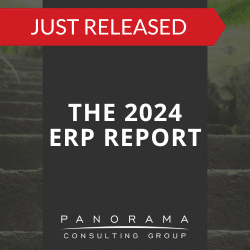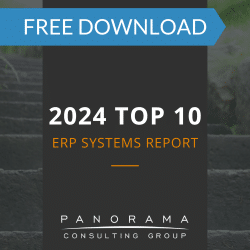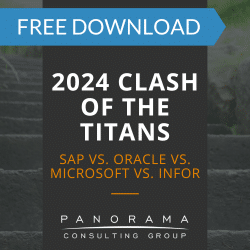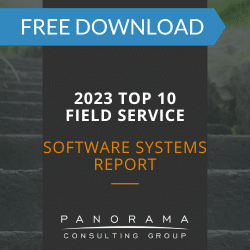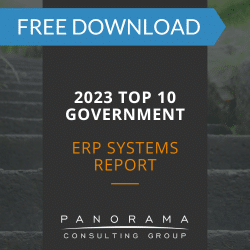If you’re considering digital transformation, then understanding the latest business and enterprise technology trends is essential.
Today, we’re delving into the most important business tech trends so you can navigate software selection effectively.
Top Business Technology Trends to Consider for Long-Term Success
1. The Rise of AI and Machine Learning
Artificial intelligence (AI) and machine learning (ML) are becoming the technologies of choice for driving efficiency and boosting competitive advantage.
(Learn about generative AI in the construction industry.)
With these emerging technologies, business leaders are able to glean insights from large datasets and make more data-driven decisions.
According to our 2024 ERP Report (a report detailing ERP trends based on responses from organizations across industries), 88.5% of respondents said they deployed or plan to deploy AI at their organization.
The 2024 ERP Report
88.5% of respondents said they deployed or plan to deploy AI at their organization. Learn about AI adoption and other ERP trends by downloading our latest report.
2. Cybersecurity Takes Centerstage
The proliferation of data and the expanding attack surface presented by remote work, IoT devices, and cloud computing have heightened the risk of cyber threats.
Organizations are investing in advanced cybersecurity measures, including AI-powered threat detection and response, to protect their assets and maintain customer trust.
AI-driven threat detection and response systems leverage machine learning algorithms to learn from historical data, recognize patterns indicative of cyber threats, and adapt to new tactics employed by cybercriminals.
Our ERP selection consultants frequently help clients evaluate their vendor’s security features and protocols before making a software purchase. This entails a review of the tools, processes, and technologies the vendor uses to protect the client’s chosen ERP system.
For example, we might look into how the vendor manages access controls and responds to security incidents.
3. Cloud Computing as the Backbone of Modern Enterprises
Cloud computing’s role in enterprise technology has evolved from a mere storage solution to a critical component of business agility.
Edge computing is enhancing cloud computing by processing data closer to where it’s generated, reducing latency, and improving speed and reliability for real-time data applications.
The flexibility, scalability, and cost-effectiveness of cloud platforms make them ideal for businesses implementing emerging technologies. Hybrid and multi-cloud environments are becoming the norm, allowing businesses to tailor their cloud strategies to their specific needs.
Our 2024 ERP Report data show a year-over-year increase in the use of cloud software as opposed to on-premise software. While last year’s report showed that only 65% of organizations selected cloud software, our latest report shows 79% of organizations selecting cloud software.
(Read about on-premise vs. cloud computing.)
4. The Emergence of 5G
As 5G networks become more widespread, businesses will have the opportunity to reduce operational delays and improve real-time decision-making.
In particular, the power of IoT, augmented reality (AR), and virtual reality (VR) will be taken to the next level. Low latency and high capacity means more immersive customer experiences and more immediate data analysis.
5G also paves the way for the seamless integration of global networks, allowing businesses to operate and communicate more efficiently across borders.
5. Revolutionizing Business Intelligence with Quantum Computing
The integration of quantum computing into business intelligence (BI) tools will transform how businesses analyze data, identify trends, and make forecasts.
Quantum computing provides unparalleled processing power, making it possible for companies to analyze complex data sets much faster. This means BI tools can provide deeper insights, more accurate predictions, and more immediate recommendations.
In our 2024 ERP Report, we asked respondents which initiatives they deployed as part of their project. They could select among mobility, web-commerce, predictive analytics, business intelligence, and artificial intelligence.
Business intelligence emerged as the most popular initiative in terms of what respondents had already begun deploying.
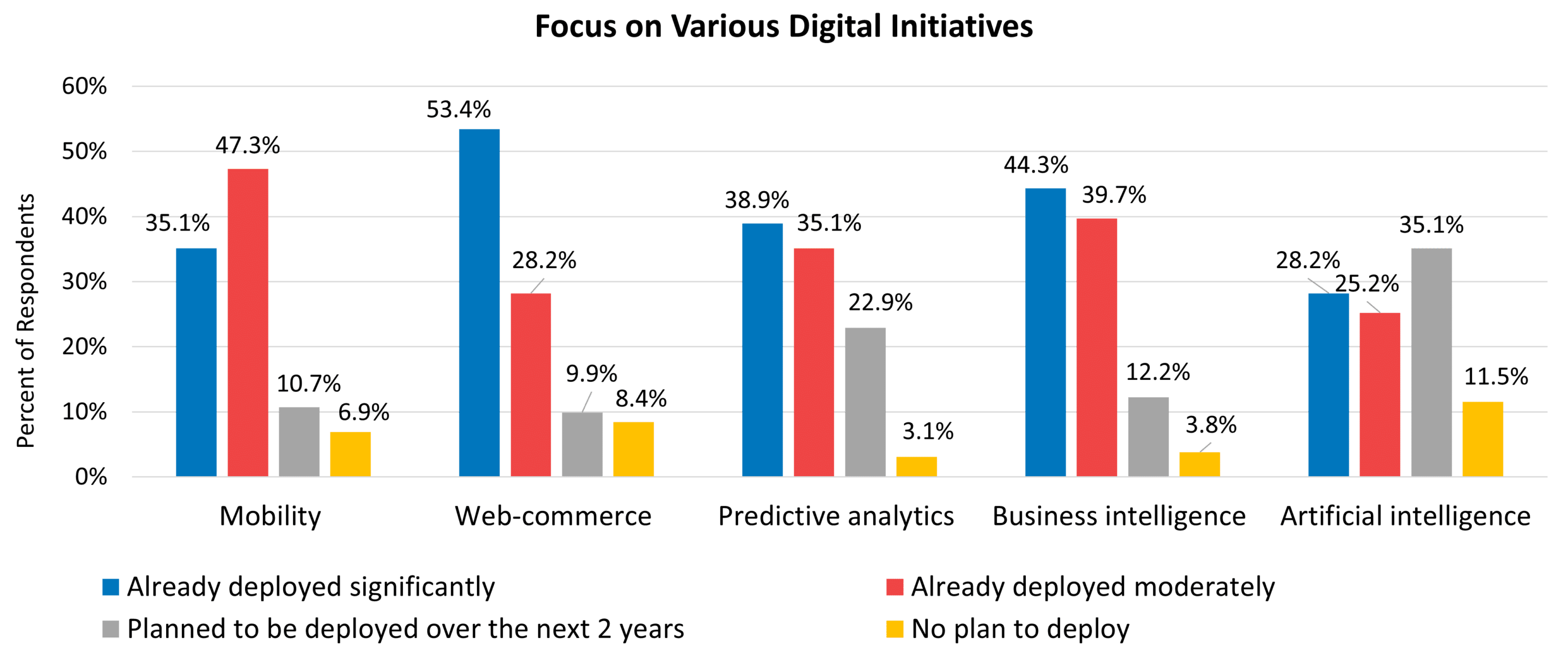
Preparing for the Future of Enterprise Tech
The landscape of business and enterprise technology is one of constant change, with new trends emerging as quickly as old ones fade. To remain competitive, businesses must keep an eye on current trends while fostering a culture of innovation.
Please download our 2024 ERP Report to learn more. In the meantime, you can request a free ERP consultation below.







